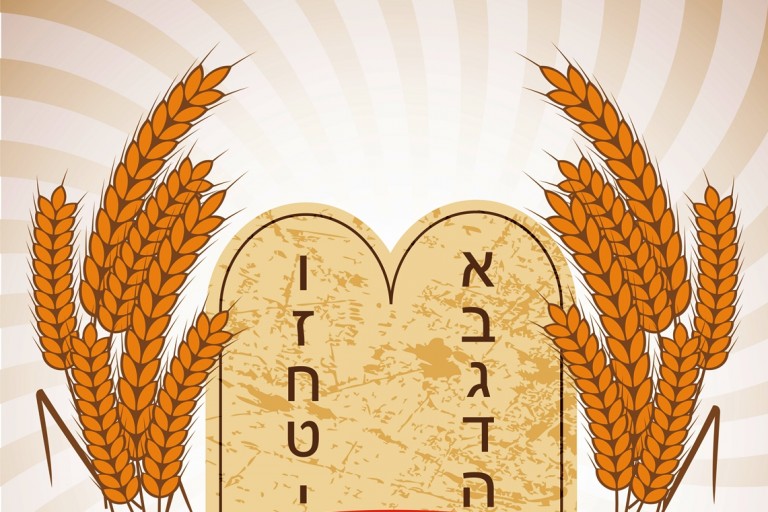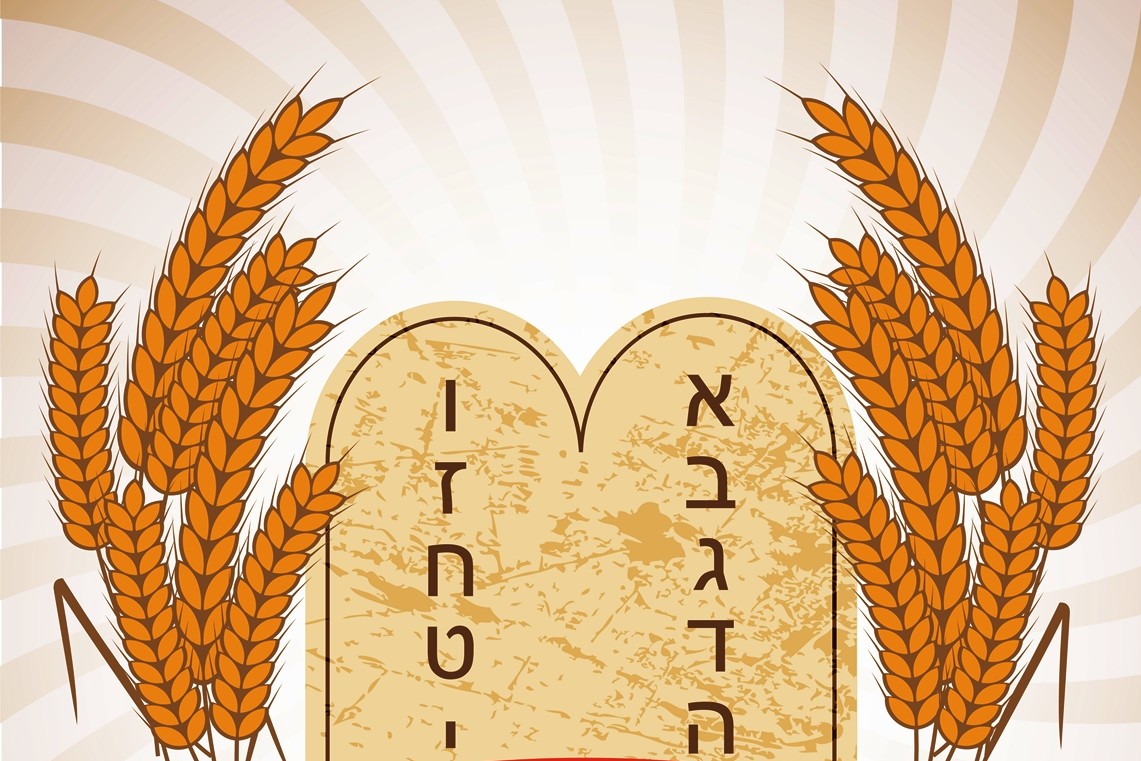By Rabbi Avi Weiss
It was during the time of Shavuot that the Jews at Sinai declared to God, “na’aseh ve-nishma, we will do and we will listen (to the commandments).” (Exodus 24:7) This order is perplexing as one usually does the opposite, and listens before deciding to act.
 In his Michtav M’Eliyahu, Rabbi Eliyahu Dessler offers an understanding of love that may explain why doing can come before listening. Rabbi Dessler insists that the cornerstone of love is the capacity to give to the loved one. And, he adds, it’s not necessarily the case that one first loves and from the loving comes the giving. The reverse is equally true and often even more powerful. One gives, and from the giving, love grows. The more one gives, the more one loves.
In his Michtav M’Eliyahu, Rabbi Eliyahu Dessler offers an understanding of love that may explain why doing can come before listening. Rabbi Dessler insists that the cornerstone of love is the capacity to give to the loved one. And, he adds, it’s not necessarily the case that one first loves and from the loving comes the giving. The reverse is equally true and often even more powerful. One gives, and from the giving, love grows. The more one gives, the more one loves.
Years ago, there was an extraordinarily successful program known as Marriage Encounter. One of its basic teachings was that love is not only a feeling – “it’s a decision.” After all, feelings change. One morning I may wake up feeling like loving my spouse, child, parent, sibling or friend, and the next morning I may not. But if I’ve decided to love you– that is, if love is a decision – from the decision, from the action, the feeling will come. In fact, the real test of love is not simply what I feel toward you, but what I am prepared to do for you.
The idea that love is predicated on action is crucial to a primary expression of our love for God, ritual. Consider prayer: If prayer is an expression of love, why should we be mandated to pray? Why not pray only when we feel like it? It can be argued, however, that we may not feel like praying for long periods of time. But if we’re obligated to pray-if, indeed, we make a decision to pray-from placing ourselves in a prayerful mode, feelings of prayer may surface.
This, in fact, is the basic idea of all religious observance. Perform the ritual and from the act, the feeling may come. Hence, Jews at Sinai first proclaimed “we will do.” Only afterward did they say, “we will listen.”
A favorite personal story reinforces this idea. My mother of blessed memory, and father made aliyah (emigrated to Israel) years ago. Whenever my parents flew to New York, it was my responsibility, as their only child living there, to meet them at the airport.
One time, my father called me to inform me that at the last moment, their arrival was moved up by twenty-four hours. Professing my deep love for my parents, I insisted that I couldn’t change my schedule on such short notice.
“You’ve become a hotshot Rabbi,” my father responded, “and don’t have time for your parents?” “I love you deeply,” I protested, “but it’s difficult to alter plans at the last minute.”
I’ll never forget my father’s response. “Don’t love me so much, just pick me up at the airport.”
My Abba’s comments echoed the very essence of “we will do and we will listen” – actions are primary, they are the indicator, the inspiration for true love.
